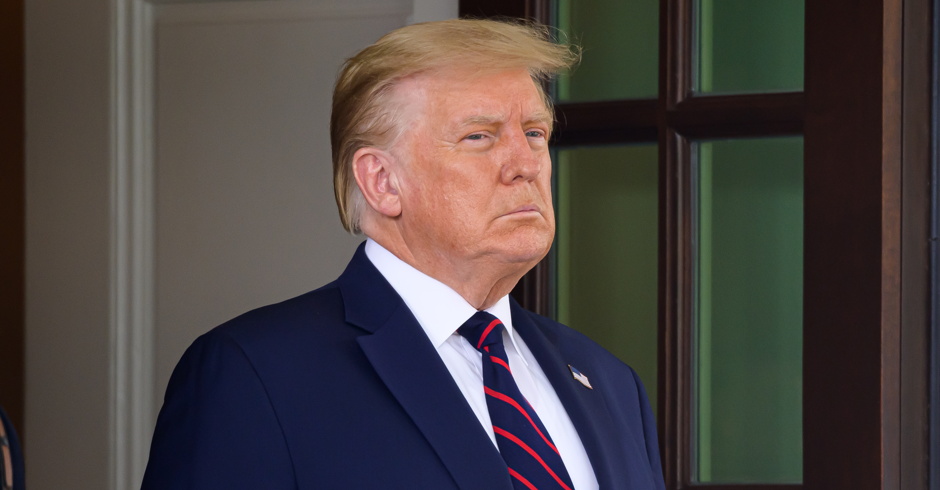[ad_1]
Former prosecutors Cynthia Alksne and Glenn Kirschner sounded the alarm about the judge who granted Donald Trump’s demand for a “special master” to review the documents at Mar-a-Lago for any possible attorney-client privilege, while speaking with MSNBC fill-in host Michael Steele.
Kirschner pointed out that never in his 30 years practicing law has he ever seen a judge make a ruling before she’d heard from the opposing side.
“I went back and looked at U.S. District Judge Aileen Cannon’s order, and here is what she said,” Kirschner began. “Before I read this one sentence, Michael, mind you that she entered this tentative border before the Department of Justice prosecutors even had an opportunity to weigh in on the issue. She said quote, ‘The court hereby provides notice of its preliminary intent to appoint a special master in this case.’ And she has only heard from Trump’s defense team.”
He said that he’s never heard a judge even announce a “tentative ruling” before both parties have been heard.
“I think this indicates a judge who has extraordinarily poor judgment at best, and at worse is biased in favor of Donald Trump,” he continued. “As a footnote, I think it is worth mentioning that she was confirmed by the Senate, Mitch McConnell’s Senate after Donald Trump lost the presidential election.”
Alksne straight-up called it “pandering. I think that is the legal term for this garbage.”
She went on to say that there likely won’t be a so-called “special master” appointed. The government seems to be indicating that they’ve already searched through the documents with those who have the appropriate level of clearance. The appointment of a special master would mean that they had to find someone who has the highest level of clearance to handle such documents in a secure facility. The problem, however, is that there is no “special master” for executive privilege cases. The Justice Department is likely to appeal the decision to a higher court that will overrule Judge Aileen Cannon, and likely, publicly humiliate her.
“I do not think there will be a special master,” Alksne explained. “He has requested a special master, basically, because Rudy got. One in the attorney-client case. This isn’t an attorney-client privilege case. They started the wrong statutes as they are appointing a special master. There is no special master and executive privilege cases. And in the Presidential Records Act, executive privilege cases — those must be filed in D.C. This is filed in Florida. So, it is in the wrong jurisdiction. And there is no special master for classified information cases. So, I think it is only a matter of time before the pandering and by the Trump judge that there will not be a special master and this is a delay tactic.”
Kirschner called “pandering” the polite characterization.
There’s also the possibility of an obstruction of justice charge. Trump may have escaped accountability under the obstruction of Robert Mueller’s probe, but he no longer enjoys the protection of the executive branch and the Justice Department’s OLC decision not to indict a sitting president. Kirschner called the likely charges of obstruction “more than just a possibility.”
“The reason it is such an important criminal charge that the FBI agent who drafted the affidavit, in support of the Mar-a-Lago search warrant, included in what they are criminally investigating, is because it does not matter the nature of the documents,” said Kirschner. “They could be classified, they could have been magically declassified by Trump, not really but that is when he is claiming. They could be confidential secrets, secret SCI special access programs. They could be whatever, and the fact that Trump and company secreted them, concealed, them and refused to produce them even after being subpoenaed for them — it is what makes this obstruction of justice regardless of the classification of those documents.”
Alksne also said that the blacked-out portion of the affidavit is likely the “obstruction” part of the case against Trump.
“It is the heart and soul of this investigation,” she explained. “And the decision on prosecution ultimately will be based, in my, opinion on the obstruction if there is national security damage. That assessment is being undergone right now.”
See the full conversation below:
Image via Shutterstock
[ad_2]




